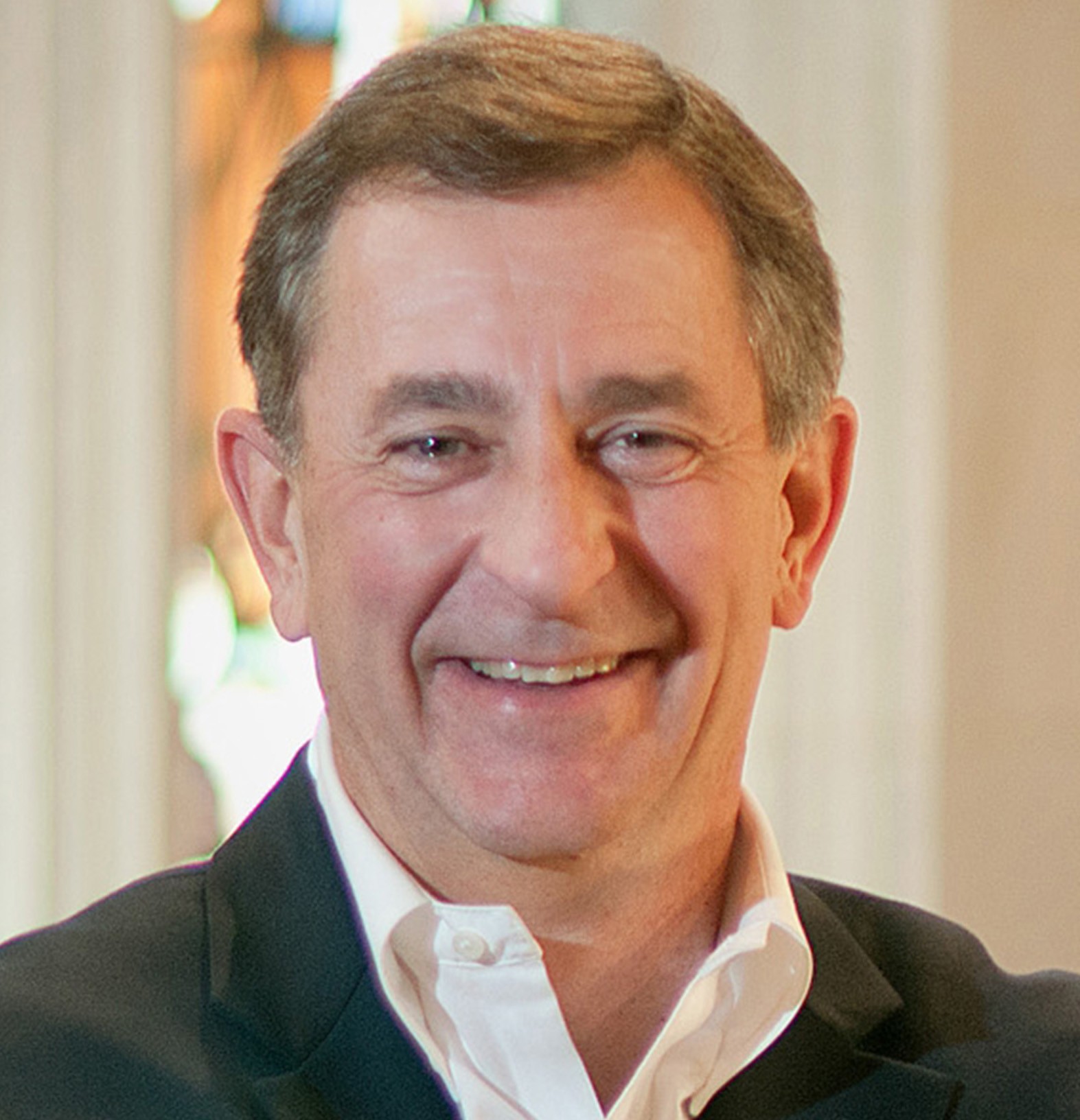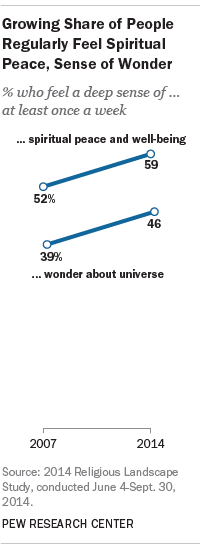The Pew Research Center says that while religious affiliation continues to decline, dedication remains strong among those who are affiliated with religious groups. But those who coach and lead
congregations say declining attendance remains a troubling trend.
While the number of Americans who profess faith is in steady decline, there is evidence suggesting a steady devotion among those who remain religiously affiliated, new research shows.
“Among the roughly three-quarters of U.S. adults who do claim a religion, there has been no discernible drop in most measures of religious commitment,” the Pew Research Center reported.
“Indeed, by some conventional measures, religiously affiliated Americans are, on average, even more devout than they were a few years ago.”
Is the news a silver lining in the cloudy future for U.S. congregations?
Ministers who coach churches across the denominational spectrum told Baptist News Global that it’s a little soon to celebrate.
“My first reaction is skepticism, as we see a significant drop in frequency of attendance across the board,” said Bill Wilson, founder of the Nashville-based Center for Healthy Churches.

Bill Wilson
Wilson and others referred to those Christians who still claim a religious and church affiliation, yet who actually attend worship much less than in previous decades.
“I think it’s a reality that people are attending less frequently,” said George Bullard, president of the Columbia Partnership, a strategic leadership coaching ministry
headquartered in South Carolina.
Up to a few years ago, attending worship 48 Sundays a year was considered the norm, Bullard said. That shifted to 39 to 42 Sundays.
“Now that’s beginning to slip,” Bullard said, with clergy and other church leaders attending 33 to 36 Sundays in a year.
“People who call themselves active used to come two or more times a month, and now it’s one to two times a month,” he said.
Bullard said he’s hearing from more churches and pastors’ groups about how to address declining attendance.
“That’s where the church needs to find ways to connect, through social media and online presence, to help nudge and encourage them in their spiritual walk,” he said.
‘People are more spiritual’
What Pew said it found in the survey is a strong commitment to faith among the adult Catholics, Jews, Mormons, Muslims, Buddhists, Hindus and adherents of other religions.
“Fully two-thirds of religiously affiliated adults say they pray every day and that religion is very important to them, and roughly six-in-10 say they attend religious services at least once or twice a month,” Pew reported.
 In fact, Pew researchers say they have found that these respondents have grown more devout since the first survey was taken in 2007.
In fact, Pew researchers say they have found that these respondents have grown more devout since the first survey was taken in 2007.
“The portion of religiously affiliated adults who say they regularly read scripture share their faith with others and participate in small prayer groups or scripture study groups
all have increased modestly since 2007,” the report stated. “And roughly four-in-10 religiously affiliated adults … now say they rely mainly on their religious beliefs for
guidance on questions about right and wrong….”
The survey also found that Americans are becoming more spiritual.
“About six-in-10 adults now say they regularly feel a deep sense of ‘spiritual peace and well-being,’ up 7 percentage points since 2007,” Pew said. “And 46 percent of Americans
say they experience a deep sense of ‘wonder about the universe’ at least once a week, also up 7 points over the same period.”
“Yes, people are more spiritual,” Bullard said. “Bernie Sanders would say he was spiritual, but he’s not part of any religious organization.”
Sanders, the Democratic presidential candidate, recently told the Washington Post that he believes in God in his own way. “To me, it means that all of us are connected, all of life is connected,
and that we are all tied together,” he said.

George Bullard
Bullard said that spiritual-but-not-religious approach is likely a huge draw for younger Americans.
But a strong commitment to religious groups is mostly true about older generations, he said.
Spiritual disciplines
Atlanta minister Greg Smith said he’s seen that firsthand.
“I see a generational difference in this,” he said of the Pew analysis.
Smith is pastor of Scott Boulevard Baptist Church, a congregation that sold its building and moved its worship services to another church in 2014. The congregation’s
members are in their 80s and 90s, he said.
The Pew report described them well, he said.
“They have still maintained a lot of that old attitude that you go to church every week and you tithe if you are capable and if you can’t tithe you give as much as you can to support your church,”
Smith said.

Greg Smith
The membership was actively involved in the decision making and planning before the sale of the property. They were insistent that proceeds from the sale be used for
ministry to home-bound and other elderly in the community, Smith said.
“We are doing more person-to-person ministry now than in the entire eight years I have been pastor of the church.”
Smith said his ministry with this congregation has inspired his doctoral work at McAfee, which looks at the spiritual disciplines of aging Americans.
“The proposal is that Sunday worship is the primary spiritual discipline of the older generations, of those in their 80s and 90s.”
In his experience, Smith said, the Pew research lines up well with the dedication to church of older Christians.
“Their participation has not changed” through the decades.
